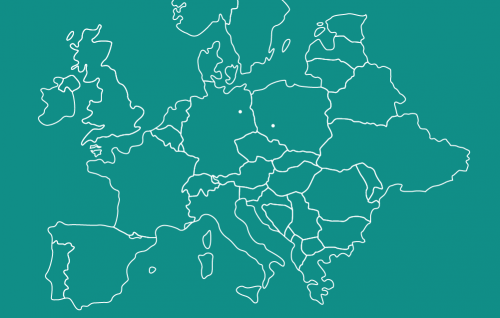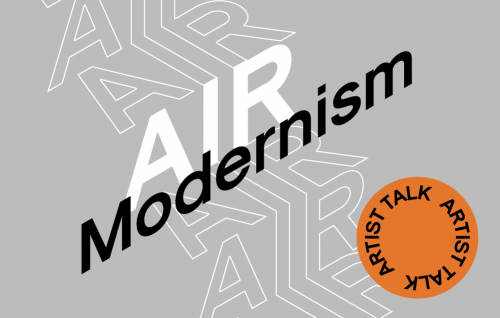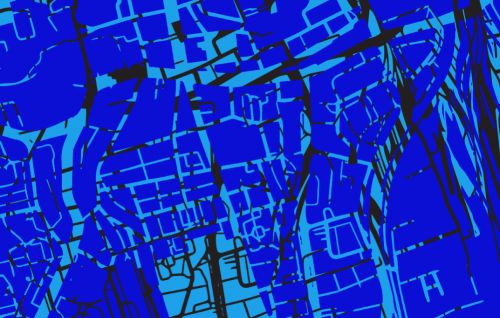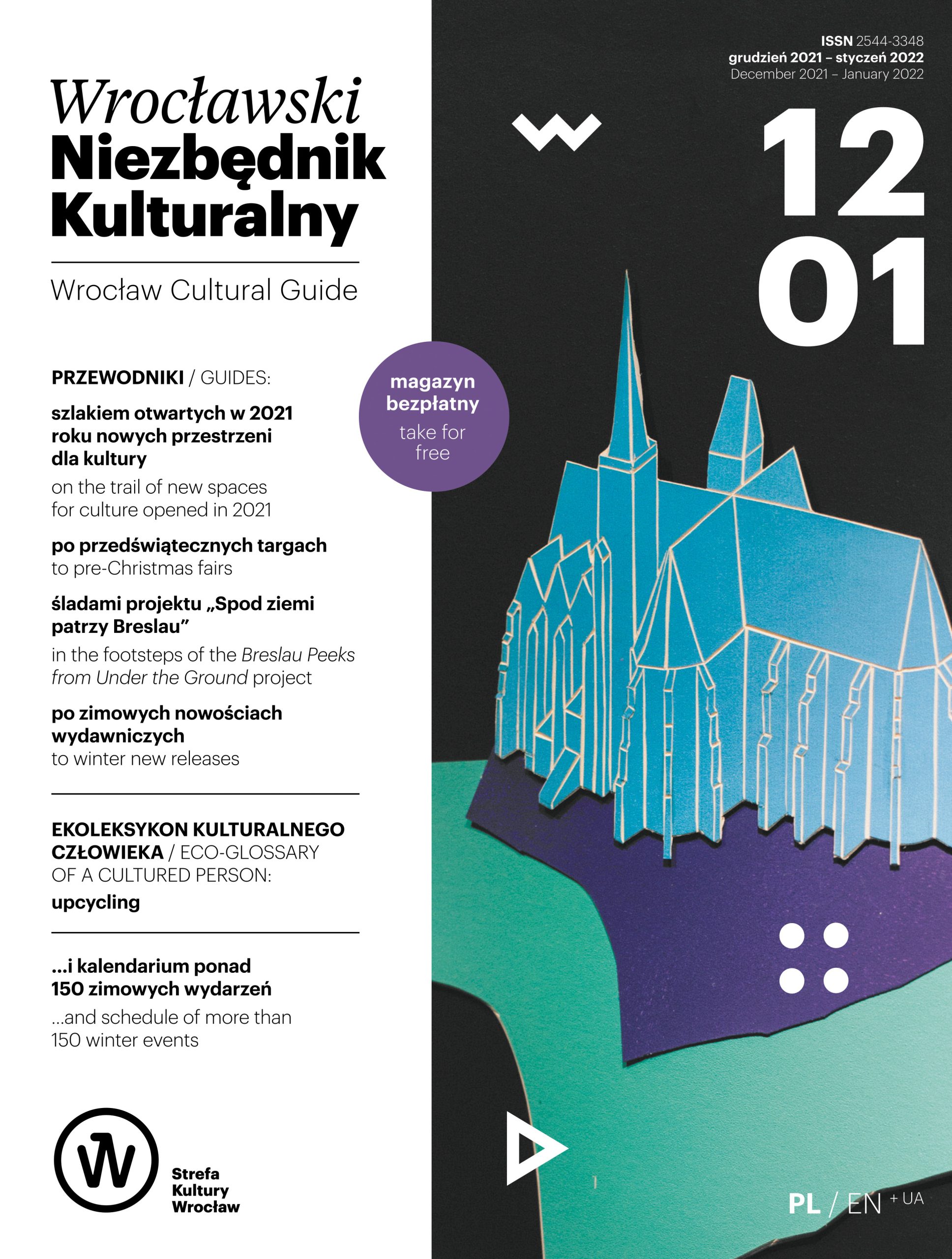Article also available in PDF
4 minutes read time
We can survive for as long as a month without food. The lack of water will kill us within days. Without air, we’d be done for in a couple of minutes – which is a pretty disturbing record in itself. When the atmosphere in the city thickens – quite literally, and the bus stop signage warns people abut unfavourable, bad or critical air quality, we have no way to quickly replace it with cleaner air. That is why it is generally better to avoid such a situation altogether and treat smog as a burning problem to be solved as soon as possible.
A burning problem in the most literal sense – it is caused by the fuel we burn in our home furnaces. Cars and factories add to it, but the recipe for Polish smog has not changed for years – we throw poor-quality fuel (coal, wood, trash) into poor-quality stoves (they are not called soot-spewers for no reason) installed in poorly insulated buildings, which require a lot of fuel to heat. When the weather gets cold and windless, stoves and fireplaces start working at full steam – as a result, we get both particulate matter and all kinds of toxic substances, all topped off with the carcinogenic benzo[a]pyrene. You cannot see these particles with the naked eye – they are hundreds of times smaller than grains of sand. Keep in mind that smoke from a chimney – even the sootiest one – is not the same thing as smog. You also can’t smell them – they don’t have an odour to them. The smell which is often mistakenly thought of as smog, is caused by sulphur compounds, which can however spell trouble. When there is a lot of these particles in the air, they form a thick suspension, which at the first glance looks like fog – but unlike fog, it lingers in the city until something blows or washes it away.
We pay for the dubious privilege of enjoying breathing this air with our health, sometimes even with our lives. Smog causes heart and circulatory diseases, malignant tumours, chronic respiratory infections, allergies, foetal damage, even problems with mental health, focus, and memory. As if that were not enough, smog can also be conducive to a variety of pathogens, including the coronavirus – it simply facilitates their transmission. Children, the elderly, the sick, and pregnant women are particularly vulnerable to the consequences of air pollution. This cocktail of pollution causes 45,000 to 50,000 people to die prematurely in Poland, including about 3,000 in Lower Silesia and a thousand in Wrocław alone. Scientific research conducted all over the world for several decades leaves no doubt – if it were not for smog, people exposed to it could live longer.
Where to get reliable information about the air quality in the city, if you can’t actually see or smell smog? The best source of information are measurements carried out by the Chief Inspectorate for Environmental Protection (GIOŚ) and its regional branches (WIOŚ). In fact, the messages displayed on Wrocław’s websites and at bus stops come from there.
Of course, the apps won’t tell you what’s the situation like in individual neighbourhoods, but they will undoubtedly let you know when smog is at the gates. Then you have a chance to at least minimise the risks, especially for the members of the most vulnerable groups. When there is a smog alert, avoid going outside, airing your home and certainly do not use your fireplace – which is not allowed, anyway. If you have the opportunity, use a stand-alone air purifier or a HEPA filter in the mechanical ventilation of the place you are in.
These are, of course, just band-aids that will not solve the problem. In order to deal with this burning issue for good, we need to insulate our buildings, eliminate the worst fuels from the market and from our homes, and, of course, do away with the old and obsolete furnaces. Smog is a social and systemic problem, and as such, it requires social solidarity and appropriate financial, legal and educational solutions. This is why an anti-smog movement was born in Poland – a social initiative above the political divide, led by the Polish Smog Alert and local branches (such as the Lower Silesian Smog Alert) seeks solutions such as subsidies (the government’s “Clean Air” programme or the local “Replace Your Furnace” campaign) as well as changes in the law (anti-smog resolutions).
In the case of Wrocław, anti-smog resolutions introduce a number of varied solutions. There is already a total ban on burning coal dust, silt, lignite and damp wood, as well as a ban on using fireplaces unless they have an electrostatic precipitator and are the main source of heating. In 2024 (in three years!) the ban on using fossil fuels will come into force, and in 2028 residents of Wrocław will no longer be able to burn coal or wood in their furnaces.
Of course, resolutions are just the beginning of the fight and only one of the tools for change. If we want to breathe cleaner air, we need to educate each other. Many people still do not realise the gravity of the situation. We have to pay attention, remind people about the laws and subsidies – but we also have to take a firm stance against those who pollute our air despite our protests. We can solve this problem together.
Arkadiusz Wierzba
– Associate of the EcoDevelopment Foundation and EKO-UNIA Ecological Association, dealing with projects related to climate change and air quality. Graduate of the Interpersonal Skills Trainers’ School and numerous courses and workshops preparing for the role of an educator, coach and campaigner.
Educator at EkoCentrum Wrocław. Activist of the Lower Silesian Smog Alert.








